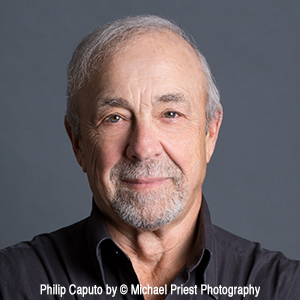A Quote by Mark Thomas
True believers are continually shown by reality that their god doesn't exist, but have developed extensive coping mechanisms to deal with this cognitive dissonance.
Related Quotes
I think it started to feel like home when I stopped maintaining any pretense that I was ever going to be in the movie business. I went there like many writers - I had a screenplay deal and I would go to these meetings and it was the typical thing. And I hated it. I was not interested in writing screenplays, actually. But I kept feeling like that was what I was supposed to do. It was just this horrible cognitive dissonance.
So this is reality, this forgiveness, this reconciliation, is true for everybody. Paul insisted that when Jesus died on the cross, he was reconciling "all things, in heaven and on earth, to God." All things, everywhere. ...This reality then isn't something we make come true about ourselves by doing something. It is already true. Our choice is to live in this new reality or cling to a reality of our own making.


































